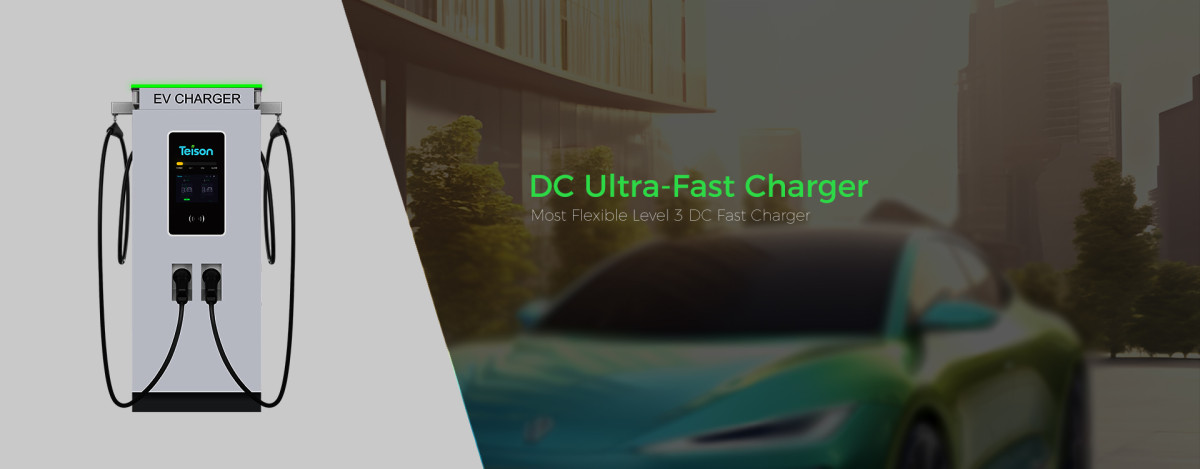Kemuddin, Indonesia’s Deputy Minister of Marine and Investment Coordination, wrote in China Daily that Indonesia has launched new incentives to encourage global electric vehicle manufacturers to produce electric vehicles in the country, which will provide more opportunities for international manufacturers to enter Indonesia. opportunities in the automotive market.
The article stated that according to the new package of incentives, before 2025, international manufacturers producing electric vehicles in Indonesia will be exempt from import tariffs on imported complete vehicles and assembled vehicles with a localization rate of less than 40%. This will provide international manufacturers with greater access to Indonesia's lucrative automotive market. The Indonesian domestic market will also have more styles of electric vehicles to choose from, making electric vehicles more affordable for consumers. A recent survey conducted by analytics firm S&P Global showed that more than half of respondents believe electric vehicles are priced too high globally.
As the largest automobile market in Southeast Asia, Indonesia’s electric vehicle market has huge potential. Indonesia plans to supply 2 million electric vehicles by 2030. In 2030, Indonesia's population will increase to approximately 300 million, and per capita GDP is expected to increase from US$5,000 to US$10,000, resulting in more potential buyers and more car ownership.
Currently, the Indonesian government has attracted two of the world's leading electric vehicle battery manufacturers to Indonesia. South Korea's LG New Energy Company will start production this year, and China's CATL will also start building a factory in Indonesia this year. In addition, the government has launched a series of incentives for companies that provide public electric vehicle charging stations, such as lowering electricity bills at charging stations.
Like other competitive markets around the world, Indonesia expects producers to be innovative and economical by providing the most suitable products to the market. Take the mobile phone market as an example. Thanks to its competitive prices and product innovation, Chinese brands dominate the Indonesian market, with a market share of nearly 70%.
The article concludes by saying that entering an emerging market has its risks. But if you enter a market like Indonesia that is managed by a pro-reform government, the competitive advantages will outweigh the risks. Import incentives not only demonstrate Indonesia's determination to carry out clear structural reforms to the electric vehicle industry, but are also bold policy choices, with the Indonesian electric vehicle industry entering an accelerated development mode.

Artículos Relacionados
- Canadá anuncia nueva estrategia para vehículos eléctricos, cooperará con China
- China y Europa lideran el crecimiento mundial de los vehículos eléctricos
- Los ingresos de Tesla en el mercado chino superan los 20.000 millones de dólares durante tres años consecutivos
- Teison ha superado con éxito la verificación OCPP 2.0.1 de OCA.
- En Portugal, el atractivo de los vehículos eléctricos chinos sigue creciendo














